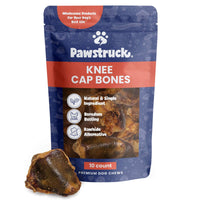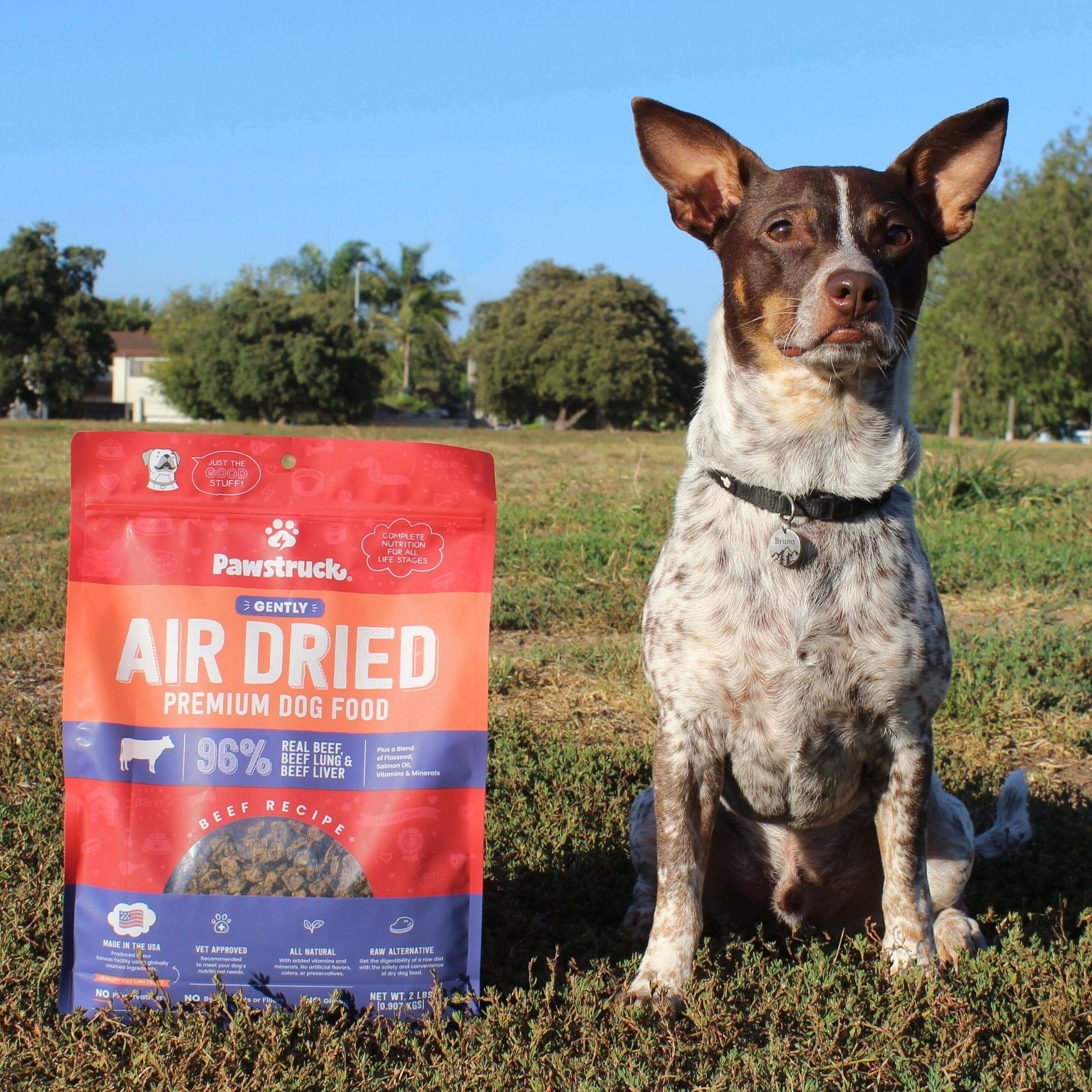Care, Compassion and Patience: Tips for Owners of Elderly Pets

Elderly pets, like elderly people, require compassion, patience and extra attention as they age because, like people, pets experience more health problems in old age. Senior life is a time of physical decline for older pets and, while some problems are specific to breed, others are common among older dogs and cats in general. For example, it’s typical for older animals to lose the bounce in their step, become less mobile and require more sleep. Chronic pain may also become a pressing issue, especially in larger dogs that are prone to hip pain and arthritis. Paying careful attention to symptoms and making regular veterinarian visits can go a long way toward helping your pet enjoy a happy and healthy old age. Here are some other issues to consider as you try to make your aging furry friend as comfortable as possible.
Step up veterinary care
If you’ve been in the habit of scheduling annual veterinarian appointments, once a pet hits old age it’s time to step appointments up to twice yearly so that early signs of illness or a worsening of existing conditions can be treated. The wellness testing an elderly dog undergoes tends to be more extensive and may include bloodwork, urinalysis, and thyroid testing. If your pet is suffering from a loss of appetite, a consultation with the vet is warranted to rule out possible causes and find some form of treatment. It’s important for older pets to keep up their strength just as it is for elderly humans.
Diet and weight
A pet that’s reached the latter stages of life is apt to require different foods that are easier to chew and digest, with reduced calories and more digestible ingredients. A dog that’s on the hefty side shouldn’t be given foods that’ll cause him to pack on more pounds. It’s important to bear in mind that geriatric dogs that experience weight gain are more apt to have health issues, while weight loss is a matter of concern for cats.
Senility and environmental adaptations
A geriatric pet may exhibit symptoms of mental decline, which may manifest themselves in a number of ways, from urinating and/or defecating in the house to repetitive behavior patterns and increased signs of agitation, any of which should be brought to your veterinarian’s attention. Environmental modifications can sometimes help a geriatric animal cope with the onset of senility. It may become necessary to move your pet’s sleeping space away from stairs and closer to the back door or a litter box to help prevent accidents.
Losing a family member
Pets may be animals but they certainly become mainstays of the family. As such, losing a furry pal that’s been with you for years can be a painful experience. Whether you have to put your pet down or if he dies at home, the grief remains the same and can be hard to cope with. If you’ve had to say goodbye to your beloved pet and need extra support, consider an online bereavement program for coping with your loss. As a family member, you want to do your best to help your pet live out his remaining years happily and comfortably. Remember, it’s important to keep a close eye on your dog or cat as he ages and keep your vet informed as soon as you notice any marked changes. Early detection is important so you can make the most of your time together.Guest Post Provided By: Nick Burton


























Leave a comment